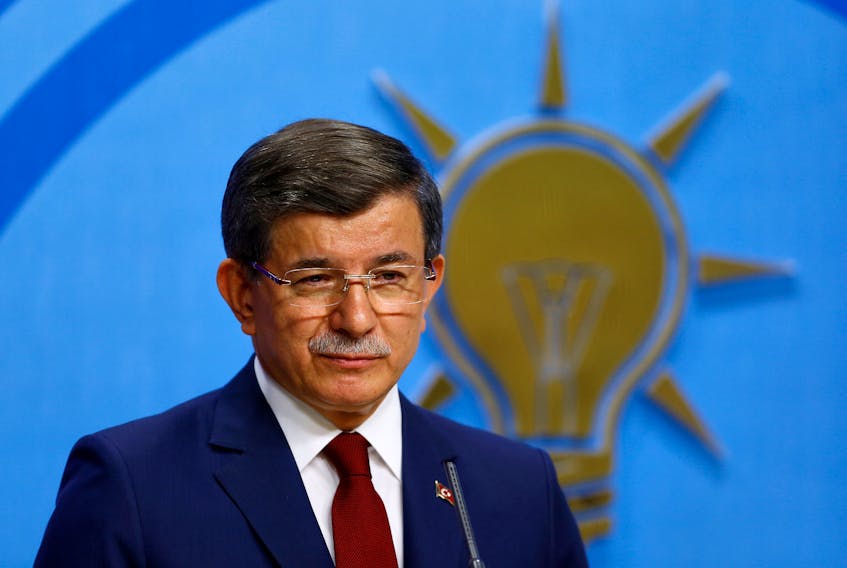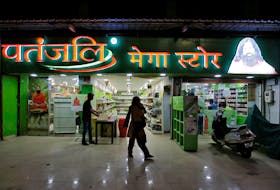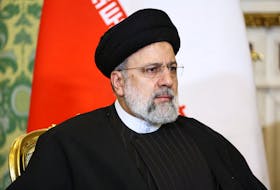By Orhan Coskun
ANKARA (Reuters) - Former Turkish prime minister Ahmet Davutoglu, once a close ally to President Tayyip Erdogan, applied on Thursday to establish a breakaway political party which could erode support for Erdogan and his ruling AK Party.
Davutoglu, 60, served as prime minister from 2014 to 2016, before falling out with Erdogan. He has criticized the president and the AK Party's (AKP) economic management, and accused it of curbing basic liberties and free speech.
A source close to Davutoglu said he applied to the Interior Ministry on Thursday to form his new party and that he will formally announce it at a news conference in Ankara on Friday. It will be called Future Party, the source said.
"The new party will breathe new life into politics," the source said.
Davutoglu announced his resignation from the Islamist-rooted AKP in September, saying the party which has dominated Turkish politics for 17 years was no longer able to solve the country's problems and was preventing internal debate.
His resignation came two months after former deputy prime minister Ali Babacan also left the AKP, citing deep differences. Babacan said last month that Turkey was in a "dark tunnel", and warned of the dangers of "one-man rule".
Babacan will announce his own rival political party within weeks, a source close to Babacan said.
UNKNOWN FACTORS
Polls show support for the new parties and their leaders in single percentage point figures, meaning they could pose little challenge to Erdogan and the AKP on their own.
However, after defeat in mayoral elections in Ankara and Istanbul earlier this year, and with economic difficulties eroding his voter base, even an incremental loss of support could hit Erdogan's aim to extend his 17-year hold on power.
Since national elections last year, the political parties in Turkey have been in rival alliances. The AKP and its nationalist MHP allies secured a parliamentary majority, based on a combined 53.7% of the vote, while in the presidential election Erdogan secured a first round victory with 52.6%.
New elections are not scheduled until 2023, but opposition parties have said the government may opt for early elections if it sees its support dwindling, after the local election defeats by the main opposition Republican People's Party (CHP) and its Iyi (Good) Party allies.
"I think the opposition parties are pleased that these two parties are formed, especially because it will weaken Tayyip Erdogan in presidential elections," Ozer Sencar, the chairman of pollster MetroPoll, told Reuters.
Sencar said that Davutoglu and Babacan's new parties would mostly get votes from disenchanted AKP voters, rather than other opposition parties. However, he said it was unlikely for either party to change the narrative in Turkish politics due to their backgrounds with the AKP and Erdogan.
"There are many unknown factors here," Sencar added. "One thing is clear: the formation of these two parties will not add anything to the CHP, but what they make the AKP lose is important."
(Additional reporting and writing by Tuvan Gumrukcu; Editing by Dominic Evans)









